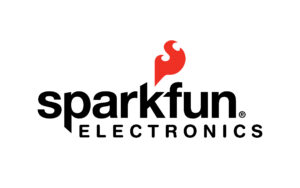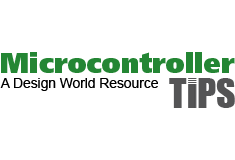 SparkFun Electronics and MikroElektronika (MIKROE) have partnered to create two new boards that merge their combined three rapid prototyping ecosystems: SparkFun Qwiic, SparkFun MicroMod and MikroElektronika’s Click boards. The new boards allow users to quickly click or plug boards and peripherals together for a solderless prototyping experience. The mikroBUS standard, found on MikroElektronika’s Click boards, is similar to SparkFun’s Qwiic and MicroMod interfaces, making it a perfect pairing on a single board.
SparkFun Electronics and MikroElektronika (MIKROE) have partnered to create two new boards that merge their combined three rapid prototyping ecosystems: SparkFun Qwiic, SparkFun MicroMod and MikroElektronika’s Click boards. The new boards allow users to quickly click or plug boards and peripherals together for a solderless prototyping experience. The mikroBUS standard, found on MikroElektronika’s Click boards, is similar to SparkFun’s Qwiic and MicroMod interfaces, making it a perfect pairing on a single board.
The SparkFun RP2040 mikroBUS Development Board is a flexible digital interface featuring the Raspberry Pi Foundation’s RP2040 microcontroller. The board combines SparkFun’s Qwiic I2C connections with a mikroBUS socket, allowing users to utilize both ecosystems when designing projects with the RP2040. Additionally, the board follows the Thing Plus or Feather PTH pin layout to allow for Thing Plus/Feather shields.
The SparkFun MicroMod mikroBUS Carrier Board utilizes the MicroMod, Qwiic, and mikroBUS ecosystems to allow for easier rapid prototyping utilizing peripherals from any of the three systems. The MicroMod M.2 socket and mikroBUS 8-pin header provide users the freedom to experiment with the MicroMod ecosystem and any Click board in the mikroBUS ecosystem. The inclusion of two Qwiic connectors allows users to seamlessly integrate hundreds of Qwiic sensors and accessories into their projects.
Additionally, SparkFun Electronics will now be a US-based distributor for MikroElektronika with products available for purchase on sparkfun.com.

Leave a Reply